
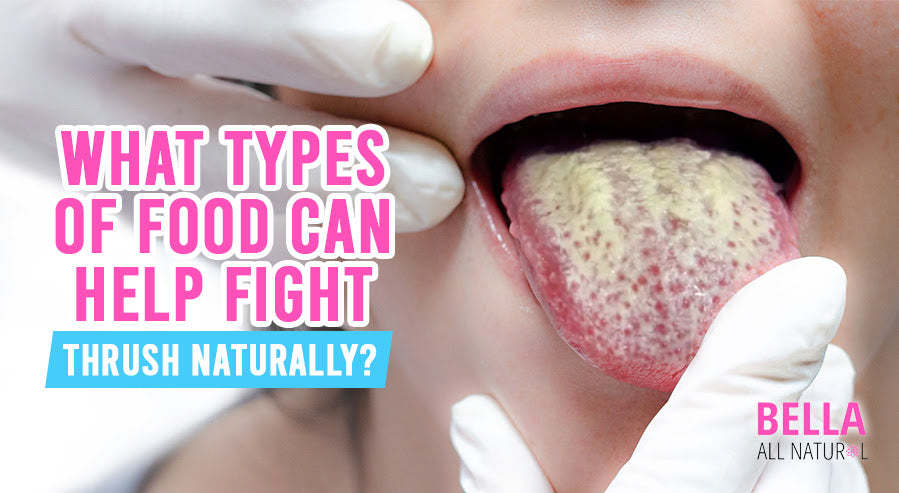
Oral candidiasis - you might know it as oral thrush - is what we get when Candida, a yeast in our mouths, grows too much. It's nothing too scary, just white patches in your mouth and throat, a weird taste, and cracked corners of your mouth.
Here's the thing: fighting oral thrush is more than medicine. It's also about how we live - what we eat and how we act. Some little tweaks in these areas can lessen your symptoms and even keep oral thrush from coming back.
Diet is a big part of handling oral thrush. What we put in our bodies affects how our body deals with Candida. Eating bad food can spark more Candida growth, which makes oral thrush worse. But eating right can slow it down.
Do you know about sugars and yeast in food? They make Candida grow faster, which makes oral thrush symptoms worse. But there are some foods - like yogurt, certain cheeses, and fermented things - that keep our gut bacteria healthy. These foods help keep Candida levels down. Also, certain foods, like garlic and coconut oil, have antifungal powers. They also help control Candida.
So, by adding these foods to our diet regularly, we can boost our body's defense against oral thrush. Who knew food could be your help against health troubles like oral candidiasis?
We're going to look at different types of food that can help prevent and control oral thrush when part of your diet. Get ready to talk about how smart food choices can change the age-old saying "you are what you eat" into a health-promoting mantra.
Why Do Certain Foods Help Fight Thrush?
Did you know that garlic and coconut oil actively fight off Candida - the troublemaker behind thrush? These foods work to weaken the Candida cell walls, which helps control the multiplication and spread of this unwanted guest.
How about yogurt and kefir, chocked full of probiotics, that help manage thrush by reinforcing the bacterial balance in your mouth? An imbalance that leans towards Candida could lead to thrush - unlike these foods! They flood your mouth with good bacteria and help maintain a decent Candida level.
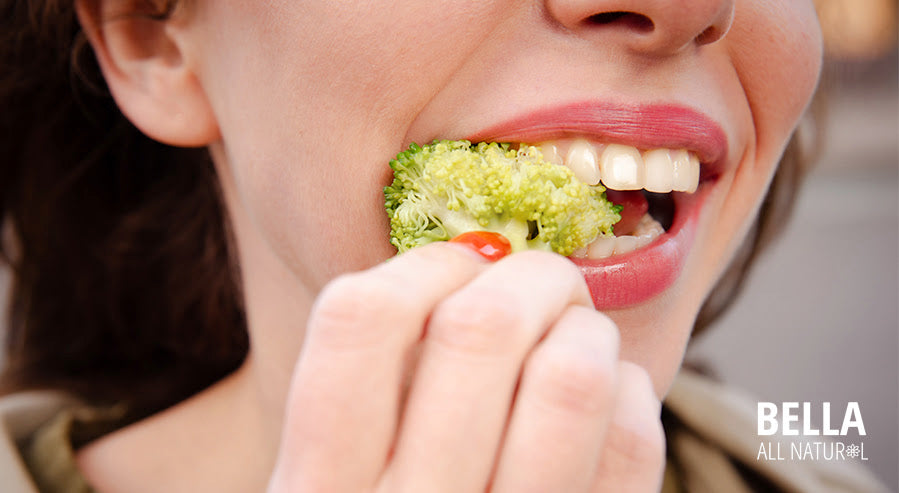
Then you have oranges, bell peppers, and broccoli - food items loaded with Vitamin C. This vitamin acts as the engine for white blood cell production that fights off infections and thus slows down the overgrowth of Candida. On top of that, high-fiber foods like apples and almonds contribute positively to gut health, and that indirectly boosts your immune system.
Adding antioxidant-rich foods to your diet, like berries and green tea, is a pretty good move, too, huh? Just think about it; such items have strong antioxidants that guard our cells from harm caused by destructive intruders like Candida.
#1 - Lemon Juice
Did you know that lemon juice is great against thrush? It's all thanks to things like the antifungal and antiseptic goodness of citric acid. This thing makes life tough for Candida, which is what causes thrush infections. A heads up: Pure lemon juice can do some damage because of how sour it is. That's why it's better to water it down before you use or drink it. A good recipe is adding one or two tablespoons of fresh lemon juice to an equal amount of warm water, which makes a sweet home remedy. You can drink this mix now and then throughout your day or use it to rinse your mouth to slow down the thrush bacteria.
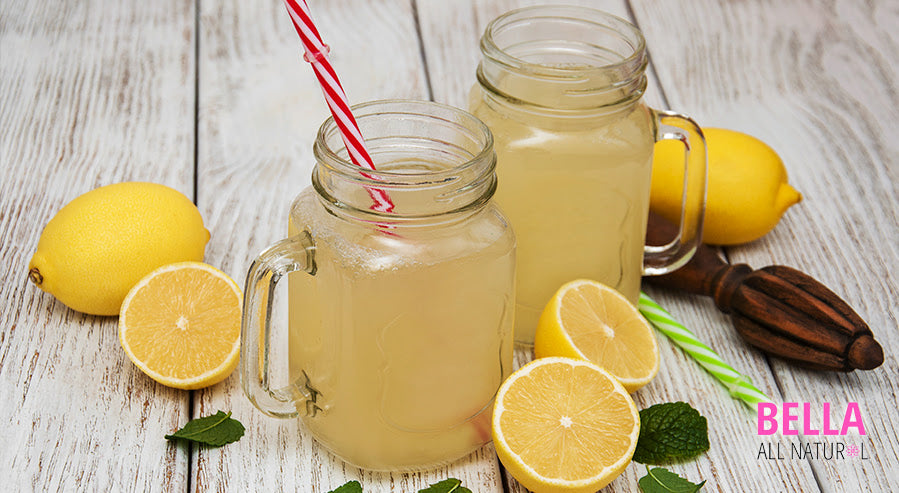
Wondering if it's a good idea to try out treatments that haven't been tested? Let me reassure you that small amounts of lemon juice are pretty safe to consume. But chugging a bunch of it or not watering it down can bring on some unwanted problems - think things like worn down teeth or heartburn. So, the moral of the story? Be mindful.
The antiseptic and antifungal powers of lemon juice make it a pretty useful natural way of dealing with thrush. Is safety your top priority? Mine, too; let's start by watering down that lemon juice before using it. This plain Jane and super helpful schedule could really add some emphasis to the way you handle thrush.
#2 - Turmeric
Ever thought of turmeric as a special spice for more than giving curry its golden hue? Well, it comes with an active ingredient - curcumin - that's perfect for tackling things like oral thrush. It's pretty genius because of its great anti-inflammatory and antifungal properties that really fight back against the Candida organisms - you know, those things causing the disorder.
Utilizing this power of curcumin against thrush isn't as complex as it sounds. All you have to do is add raw or powdered turmeric to your meals and hot drinks like tea and milk - and boy; your body's going to love you for this! You could also go for turmeric capsules if that's your thing; it's a handy way to make sure you're getting enough curcumin daily. But there's this tiny problem - your body doesn't initially absorb curcumin that easily.
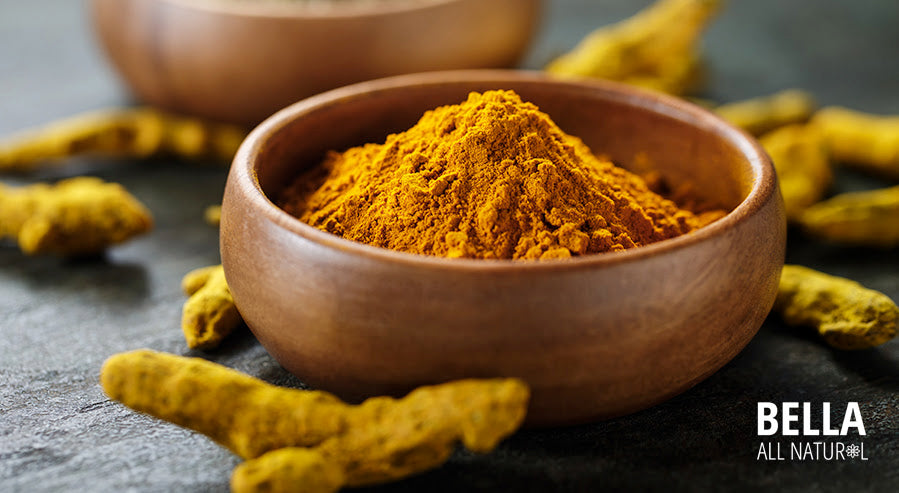
But you know what? Overcoming this isn't a massive headache. Spice up turmeric with some black pepper - it has piperine that ramps up curcumin absorption by a whopping 2000%! This combo isn't basically about dealing with thrush; it goes a step ahead in improving your overall health since it keeps inflammation in check. Isn't what this curcumin can do amazing?
So here's a tip: for the best outcome, keep adding turmeric and a smidgen of black pepper to your meals. This will help manage oral thrush and nurture a healthy oral microbiome - it's a win-win.
#3 - Probiotic Yogurt
Probiotic yogurt is like a superpower against Candida - that's the fungus that gives you thrush. It's packed with good bacteria, especially lactobacilli, that stop Candida from going wild in your mouth.
The balance of good and bad bacteria in your mouth really makes or breaks how well it works. If Candida starts to push out the good bacteria, that's when you get thrush. Probiotic yogurt comes in, giving the good bacteria a boost and leaving less room for Candida.
When you're picking out probiotic yogurt, go for the plain, non-sweetened kind. Sure, sugar might make it taste better, but it also feeds Candida, which makes your symptoms worse. With unsweetened yogurt, you're getting all the benefits without feeding the bad guys.
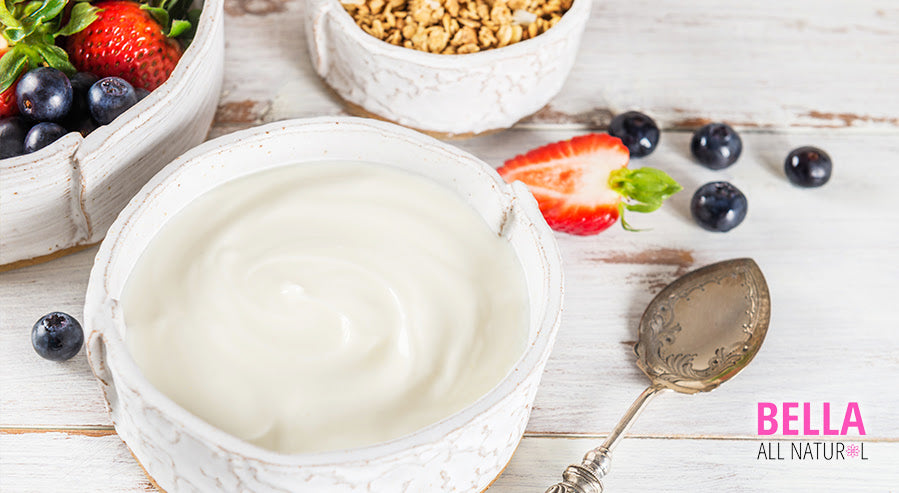
How well yogurt works against thrush really depends on the amount and type of probiotics it carries. That's why it's important to pick one that's got a lot of probiotics, especially the Lactobacillus type - it has things in it that fight fungus.
Adding probiotic yogurt to your regular meals could be really helpful in fighting thrush. Eating yogurt is more than taste; it's also about making the bacteria in your mouth healthier and giving Candida the boot.
#4 - Salt Water
Let's talk about how salt water, easily accessible and simple, plays an important part in promoting oral health! Think about this: How great is it when a solution to a problem is right in our homes? Salt water's star quality is its effectiveness against oral thrush. The antiseptic qualities it carries stall yeast growth, usually causing this irritating condition.
Feeling the sting, burn, and swell that comes with thrush? Don't worry - salt water could have you covered. It has a soothing effect that eases these awful symptoms, also checking the advance of destructive bacteria and fungal invasions.
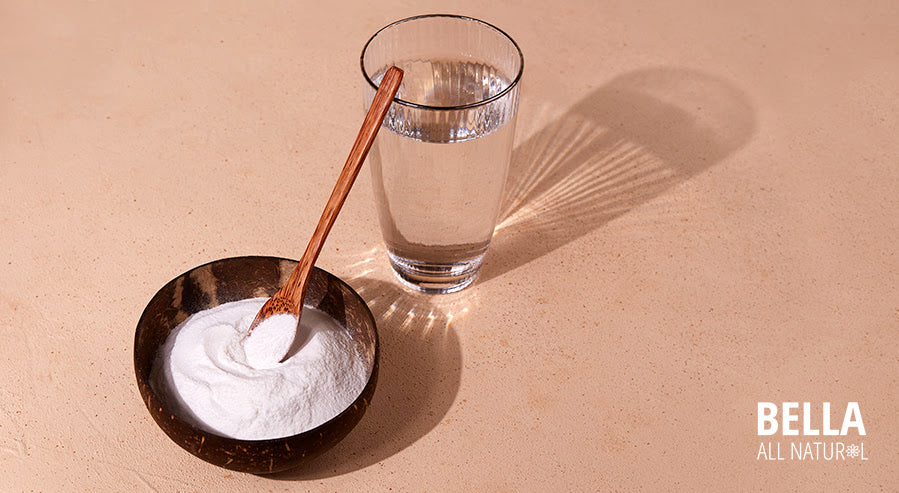
Here's a saltwater rinse you can make: put half a teaspoon of salt in a cup of warm water. Make sure all the salt dissolves to avoid causing discomfort or causing scrapes inside your mouth. To use this homemade mix, just swish it about in your mouth for a few seconds, then spit it out. This could be a twice-a-day ritual for the best results, but remember not to overuse this method to avoid drying out your mouth or messing up your bacterial balance.
An interesting thing is: If this solution is as simple and handy as it sounds, why aren't more people using it? I believe this has to do with the special nature of each oral thrush case. While salt water may be a superb natural fix for some, others might find it lacking. Let's face it: often, oral thrush requires medical help for complete treatment.
#5 - Vitamin C
Did you know that ascorbic acid, or as we commonly call it, Vitamin C, is a super warrior for our immune system? This powerhouse antioxidant is our important ally against stubborn infections like thrush.
When talking about fighting infections and damaging bacteria, Vitamin C is the MVP. Its part? It's simple but important. It ups the creation of white blood cells. That, but it also boosts the potency of lymphocytes and phagocytes. So what's the big deal? Well, for starters, it gives your immune system all the muscles it needs to fend off the bad guy - the Candida fungus, the nasty culprit behind thrush.
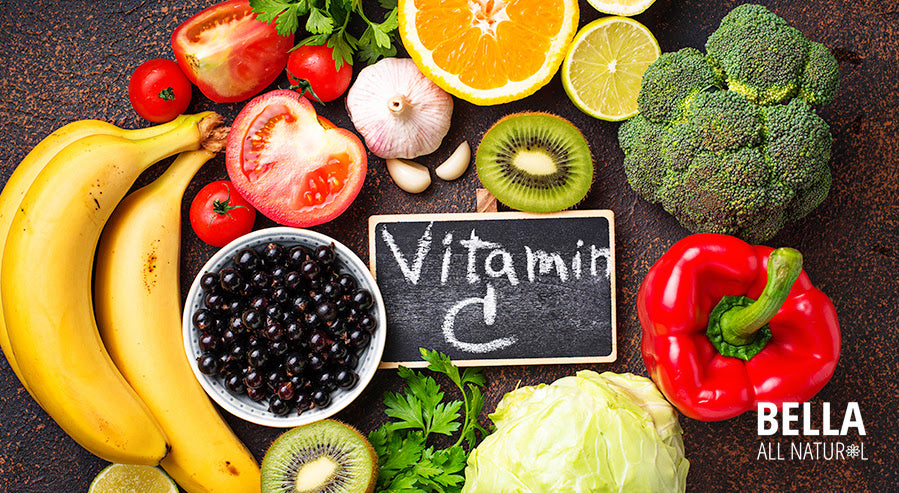
Here's the thing, though. Our bodies can't make or store Vitamin C. Crazy, right? So, I have to get this valuable nutrient every day. Don't worry - nature's got us covered. A lot of fruits and vegetables are Vitamin C goldmines! You have oranges, grapefruits, strawberries, and bell peppers, And remember those leafy greens like spinach, kale, and Brussels sprouts, just bursting with Vitamin C.
Sure, getting your Vitamin C from food is ideal. But sometimes, real life gets in the way of a balanced diet; that's when supplements can be a lifesaver! They can really help out, especially if you often deal with thrush or if you're trying to stay a step ahead of it.
#6 - Apple Cider Vinegar
ACV, which is just short for apple cider vinegar, has some fungus-fighting power. People have used it for a long time to keep Candida in check. This vinegar comes from fermenting apple juice, and what you get is a pretty acidic vinegar. This sourness helps bring balance back to your body's pH. And yeast hates anywhere that isn't cozy for it.
Let's break this down real easy. A component called acetic acid in ACV does most of the heavy lifting in fighting fungus. The acid swoops in and gives the yeast a hard time, slowing its growth and spread. What do we get out of it? A big help in fighting issues like thrush.
You have to be careful when applying ACV - we don't want any nasty surprises. Just make sure it's diluted enough to avoid any issues. If you don't use it right, you might end up with a fiery mouth and could be dealing with discomfort or worse.
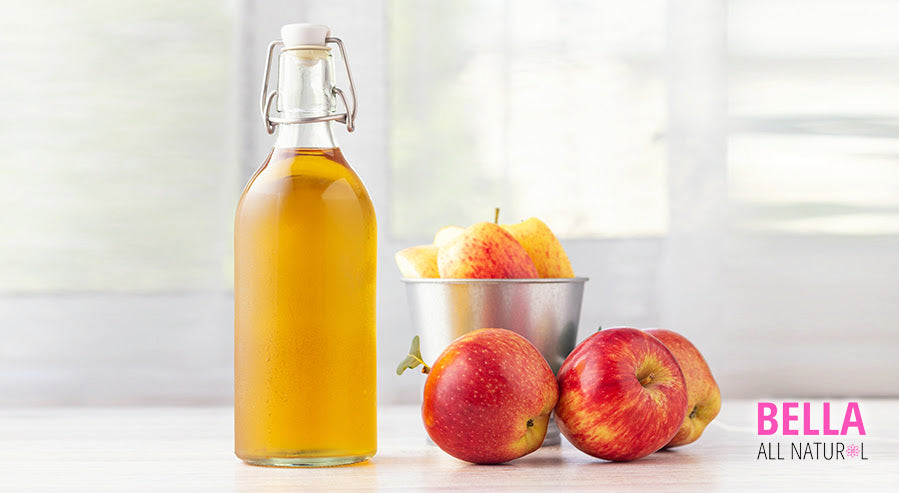
A regular recipe for getting the dilution right is mixing a tablespoon or two of ACV in a glass of water. After that, you can either down it or swish it around in your mouth like a mouthwash.
It's important not to go overboard with this mix. Taking too much could upset your stomach or create other problems. Drinking it non-stop might mess with your bones and potassium levels, so it's controlled when it comes to drinking ACV.
While ACV could ease off thrush symptoms, don't label it as a cure-all. If you're still dealing with symptoms after using it, you might wanna chat with a health expert. Just keep in mind that ACV can support thrush treatment, but it's not a total solution.
#7 - Coconut Oil
Coconut oil definitely has an important part in tackling candida overgrowth. You see, it's loaded with caprylic acid, lauric acid, and capric acid - don't these just sound super potent? These acids are absolute champs when it comes to fighting fungi!
So caprylic acid - it's a bit of an overachiever. Have you ever heard of a yeast cell's worst enemy? That's caprylic acid for you!
Coconut oil won't stop at that, though. The lauric acid in it builds up its fungi-fighting power. Once we chow down on coconut oil, our bodies change lauric acid into something called monolaurin. Is monolaurin a super fungi fighter? You bet!
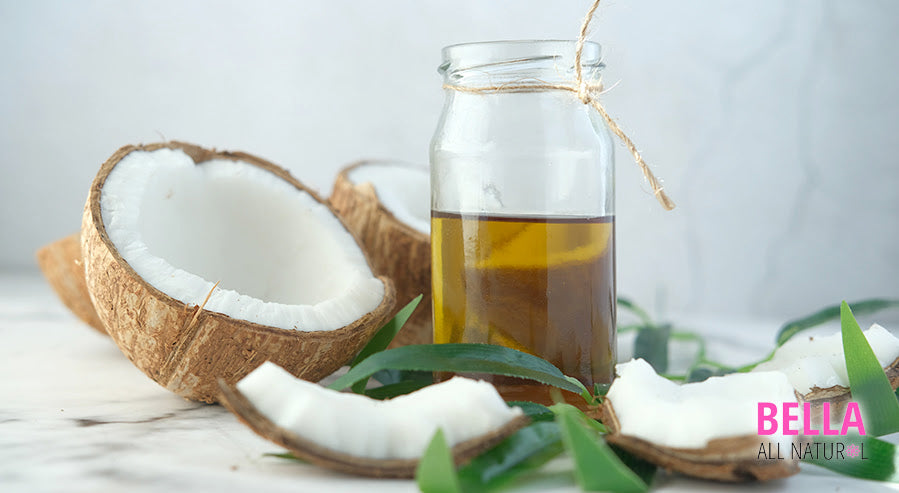
I'd suggest you go easy on the quantity when you first start with this natural remedy. How about one or two teaspoons a day? That sounds about right! Once your body gets used to it, you could bump this up to three tablespoons daily. Why do it gradually? Well, it keeps those unpleasant "die-off" symptoms like feeling sick and tiredness at a distance.
But there's something else I need to tell you too. If you have a coconut allergy, steer clear! There's no way around that one, I'm afraid. And before you get involved with all this coconut oil jazz, remember to have a word with your doctor, especially if you have heart problems or high cholesterol. Why? Well, coconut oil can be pretty heavy on the fat. Remember about that, okay?
Keep It All Natural
Look towards natural ingredients in your meals as a way to prevent thrush: they can be quite handy. But watch out! Some foods can shake up the balance of oral flora and make the condition worse. Did you know that sugars, especially in large amounts, fuel yeast growth? They're like a paradise for Candida yeast, giving it the perfect environment to multiply.
You should also keep an eye on dairy products that have lots of lactose. Yup - lactose is a type of sugar, and it can also gear up Candida's growth. So, be deliberate when you decide to gobble down milk, cheese, or yogurt. This is even more important when there isn't any fermentation happening.
How about thinking about swapping in low-lactose substitutes, like lactose-free alternatives or milk from plants? Also, you have to make sure you're getting enough proteins, healthy fats, fruits, and veggies. If you're aware of what to eat - and what not to eat - you're already one step ahead in the game of maintaining the oral flora balance.
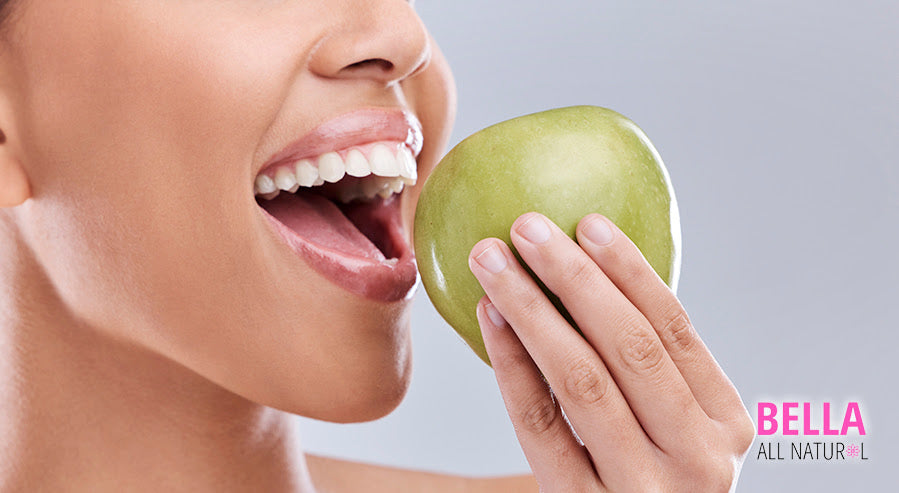
But let's not forget that changing your diet can aid in handling thrush, although it only backs up antifungal treatments and advice from medical pros. Sometimes, it surprises me how many people forget that diet is quite tied to health, but let's not skip over professional help; it's still the best route.
I suggest viewing a balanced diet as a backup plan to getting treatment from a medical professional. Keep visiting your healthcare provider regularly as you add more and more natural food items to your schedule. This is the way to effectively take charge of thrush. You know what they say: an informed patient is a proper patient. So, couple professional advice with the right nutrition, and you'll be amazed at how strong your body's defenses can become against problems like Candida overgrowth. Never underestimate the value of a professional medical consultation!



